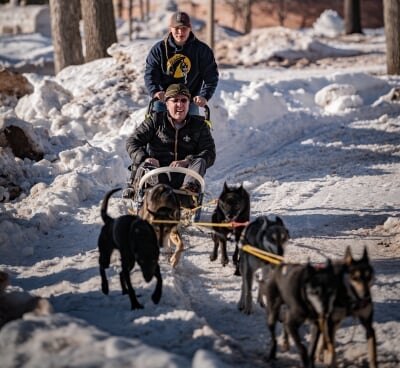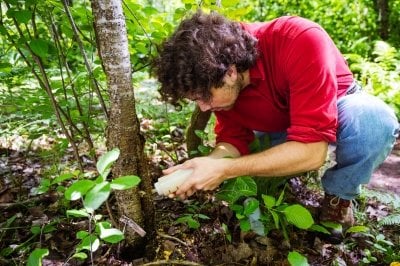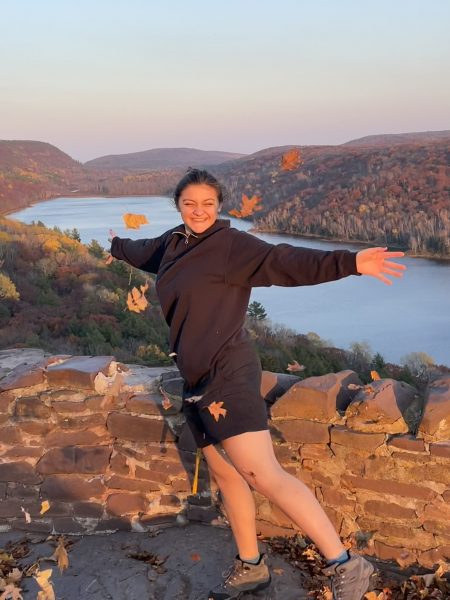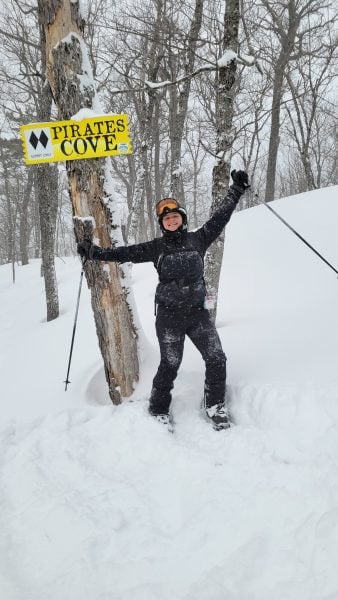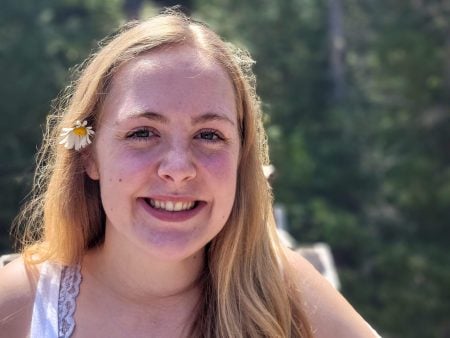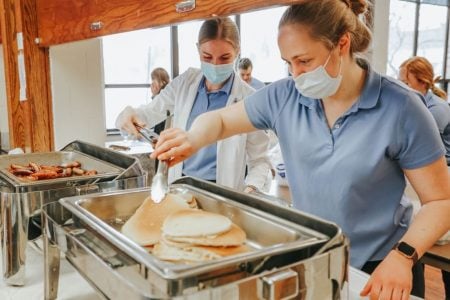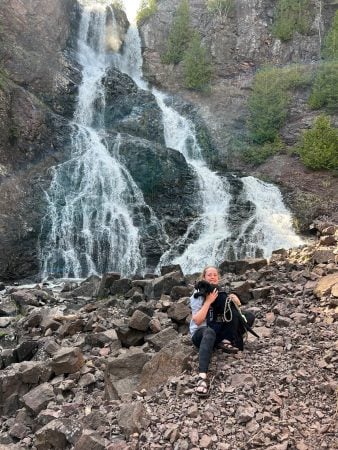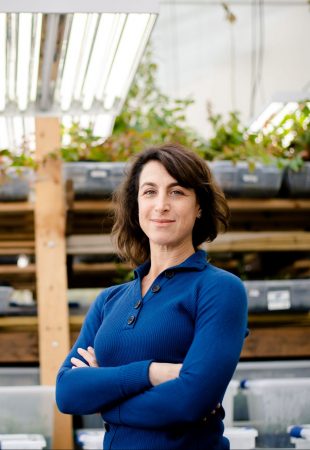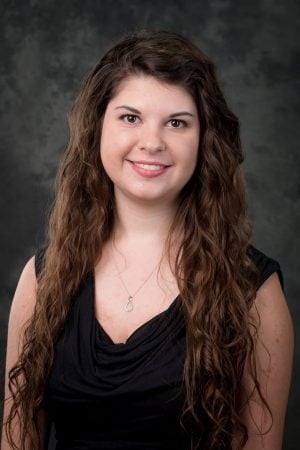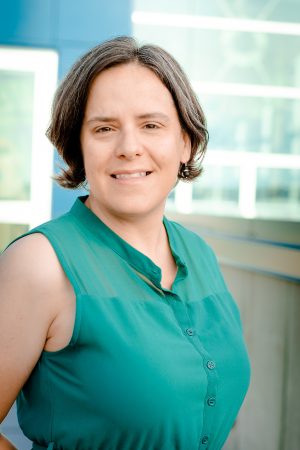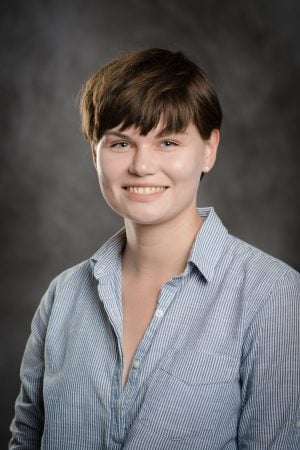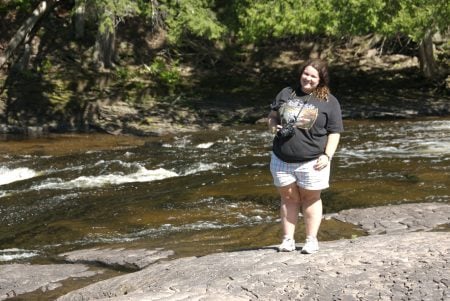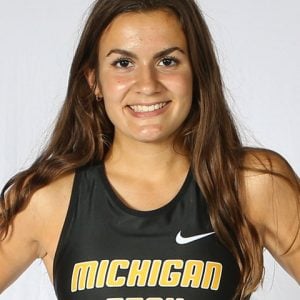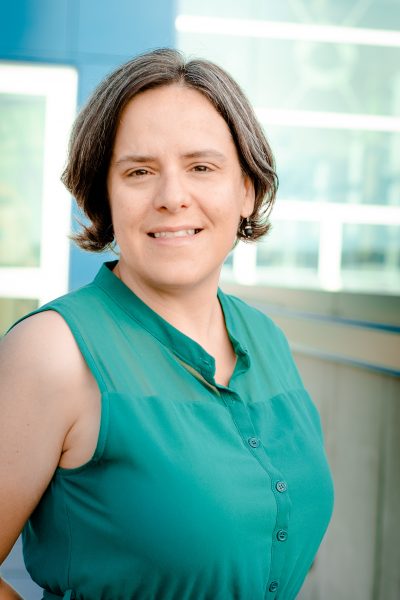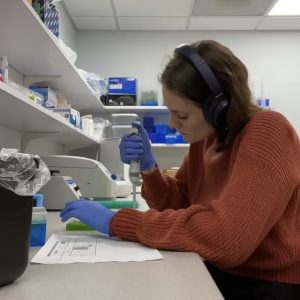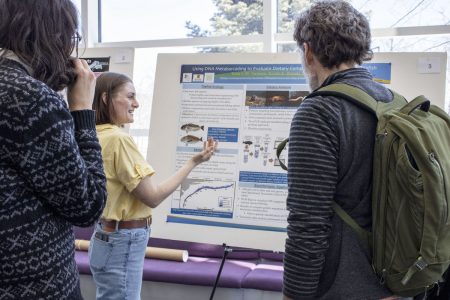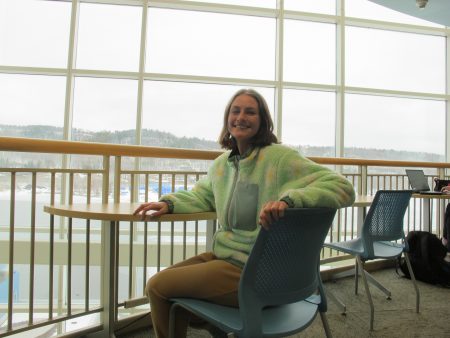This Wednesday begins Michigan Tech’s 2025 “Dragons, Knights, and Legendary Sights” Winter Carnival, and BioSci’s Brynn Santi couldn’t be more excited! Brynn is a Human Biology major, Blue Key National Honor Society member, Winter Carnival snow statue committee chair, and is vice president of the Michigan Tech Mushing Club. All of which play a significant role in making the Winter Carnival festivities so much fun for students and the community to enjoy.
Read more about Winter Carnival and Santi’s role in bringing the event to life at Michigan Tech News.
About the Biological Sciences Department
Biological scientists at Michigan Technological University help students apply academic concepts to real-world issues: improving healthcare, conserving biodiversity, advancing agriculture, and unlocking the secrets of evolution and genetics. The Biological Sciences Department offers seven undergraduate degrees and three graduate degrees. Supercharge your biology skills to meet the demands of a technology-driven society at a flagship public research university powered by science, technology, engineering, and math. Graduate with the theoretical knowledge and practical experience needed to solve real-world problems and succeed in academia, research, and tomorrow’s high-tech business landscape.
Questions? Contact us at biology@mtu.edu. Follow us on Facebook and Instagram for the latest happenings.
